Wow. The Babylon 5 Scripts team keeps finding more ways to get my money. The latest: The Chronologies of Babylon 5. And it includes every single piece of B5 canon, down to the six short stories JMS wrote after the series ended and even the unproduced Crusade scripts.
The script books have mostly been interesting for the commentary and supplemental material. Though I was disappointed that they couldn’t get Neil Gaiman to write an intro for his Day of the Dead script in the latest volume. It just reprinted the contents of the solo script book you can get from the CBLDF, which has a brief intro by JMS and a handful of footnotes by Neil Gaiman.
So, here’s what we’ve got so far (including what’s been announced):
- 15 volumes of Babylon 5 scripts by J. Michael Straczynski.
- 3 volumes of “Other Voices,” the B5 scripts by other writers.
- 1 volume of the B5 TV movie scripts (announced).
- 1 volume of chronology (with a Q&A and presumably commentary).
In theory, that covers everything except Crusade, which is what I’m really looking forward to. Probably two or three volumes, and I’d hope they’d include the unproduced scripts. IIRC there are two by JMS and one by Fiona Avery, and the Chronology list mentions one that was assigned but not written. The two JMS scripts used to be available online through some PITA Java-based reader that theoretically prevented people from copying the text (though that can’t stop screenshots or manual transcription), but also made it really difficult to do things like scroll. The site folded years ago, probably in the dot-com crunch, and they haven’t seen the light of day since. I remember one of them contained the first indication of a link between Techno-Mages and the Shadows.
Back to the chronology: on one hand, it feels like they’re starting to milk the audience for all it’s worth now that they’ve seen the success of the script book series. On the other hand, it’s only one additional volume. And it looks really cool…
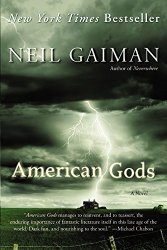 For the month of March, Neil Gaiman’s novel American Gods will be available to read online, free of charge. This is part of a promotion by Harper Collins where they’re putting a bunch of books online, figuring that reading them will get people interested in buying more of the authors’ works.
For the month of March, Neil Gaiman’s novel American Gods will be available to read online, free of charge. This is part of a promotion by Harper Collins where they’re putting a bunch of books online, figuring that reading them will get people interested in buying more of the authors’ works.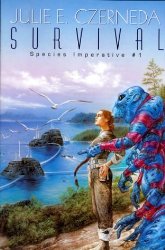
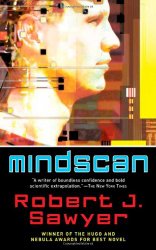
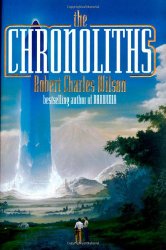
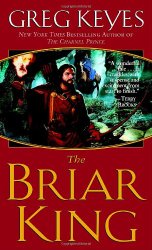
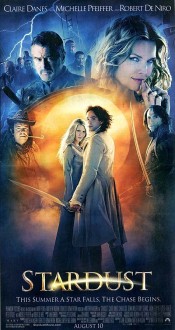 Went out to see
Went out to see